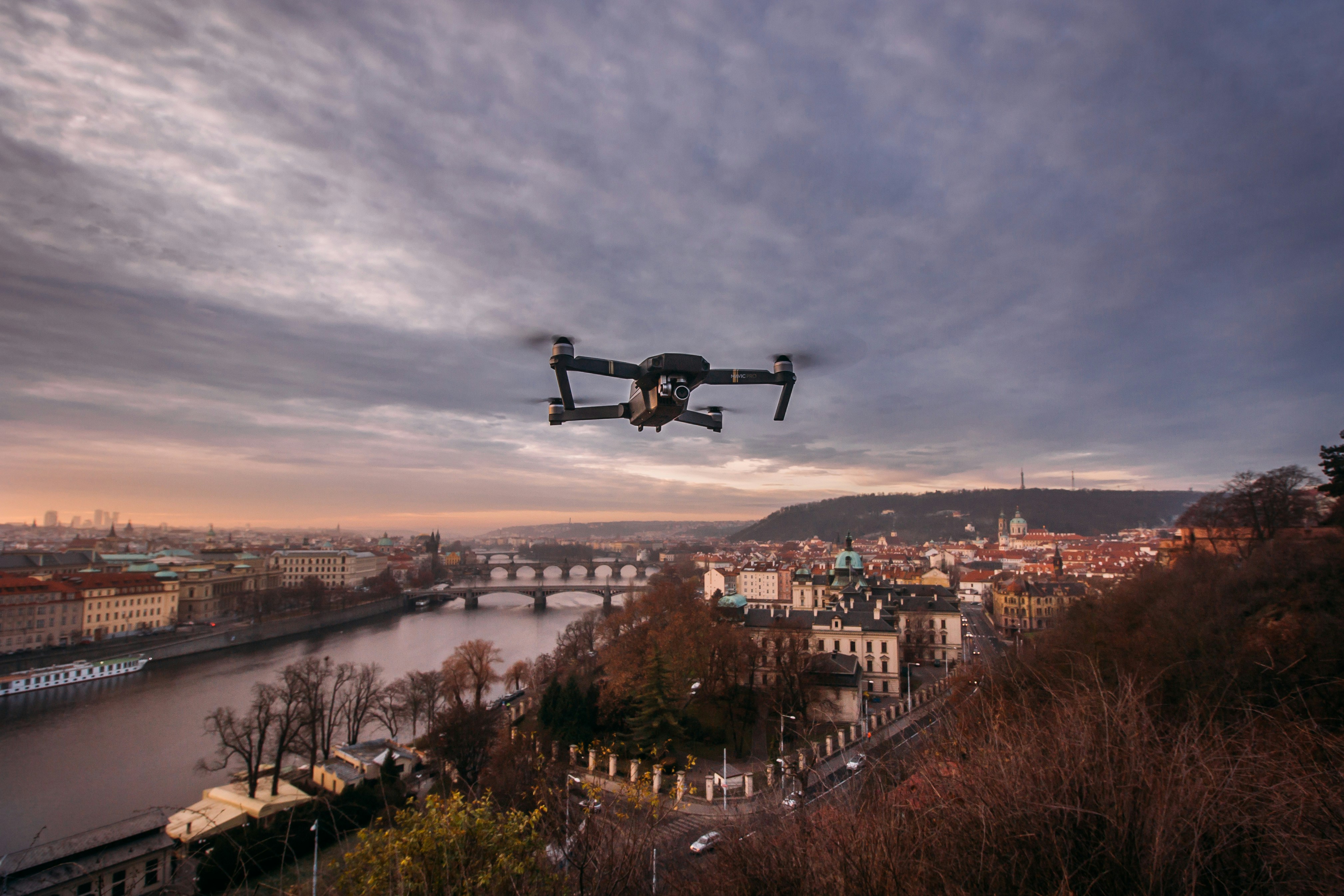Introduction:
Niftylift Limited are Europe's market leaders in the design, development, manufacture and service of state-of-the-art Aerial Work Platforms. We supply a global, marketplace with good value, innovative, quality access solution products. Please see our website:niftylift.comfor further details on the company, its product range and the marketplace that we supply.
Person Specification:
We require Trainee Technical Support Technician who are self-motivated, open thinking and have good problem-solving skills. The job will include hands on skills, that will then be developed into a technical engineering support role within the Production, Design, Development, Engineering, Production, Quality Assurance, Supply Chain / Purchasing disciplines of the manufacturing business at Milton Keynes. The successful applicant will develop into a top-class Engineer with a developed knowledge and understanding of all technical support elements of the business, as well as a solid foundation in the Mechanical, Electrical and Hydraulic engineering disciplines employed within the Niftylift product range.
Applicant Entry Criteria:
Minimum of 5 GCSE's (or equivalent), Grade C (level 4) or above, including Maths, English and Science or Level 2 in Functional skills.
The role in more detail:
This is a technical engineering based 4-year apprenticeship. You will receive an initial foundation in mechanical assembly, hydraulic fitting and electrical and installation hands on practical skills and experience, which will then transfer into being developed in a range of technical areas for both current and new product support and development . You will be developed through a mixture of working alongside skilled engineers 'buddies', and paid day release attendance at college studying for a Level 3, with potential to increase to Level 4 or 5 Higher National Certificate / Diploma in Advanced Manufacturing & Practical skills training qualifications.
Example potential roles at the end of the apprenticeship: Design Engineer, Quality Engineer, Production Engineer, Engineering Commodity Buyer, Development Engineer.
Qualifications you will achieve:
EAL Level 3 Diploma in Advanced Manufacturing Engineering (Knowledge)
EAL Level 3 Diploma in Advanced Manufacturing Engineering (Skills)
Practical Skills training in the below areas:
Producing components using hand-fitting techniques
Maintaining mechanical devices and equipment
Assembling and testing fluid power systems
Wiring and Testing Electrical equipment and circuits
Preparing and using milling machines
Working Hours & Salary:
Milton Keynes- Hours will be 08.00 - 16.30 Monday - Friday (with regular structured overtime if over 18).
Structured Apprenticeship rates that align with year 1 - 4 status of your apprenticeship and your age.
Starting salary - approximately £15,704, which increases each year.
Benefits:
- Annual bonus (for indication only) based on recent average £500 per annum.
- 25 days holiday (increases with service, up to 30 days), plus bank holidays.
- Staff discounts
- Corporate gym memberships
- Free on-site parking
- Subsidised refreshments (lunch and drink options).
- Free quarterly team lunches
- Free family events
- Health cover scheme for dental, optical etc. (Additional Membership available for Partners, paid for by employee. Kids membership included for free)
- 5% contributory pension
- Life insurance scheme
- Store discounts.


